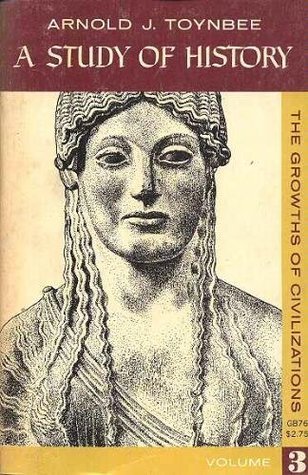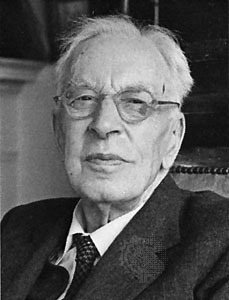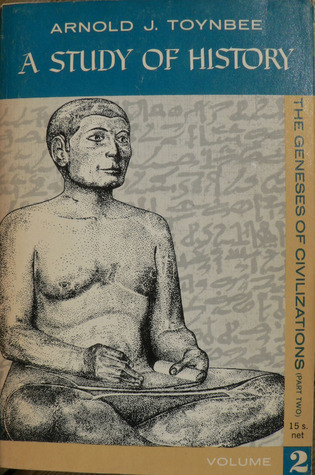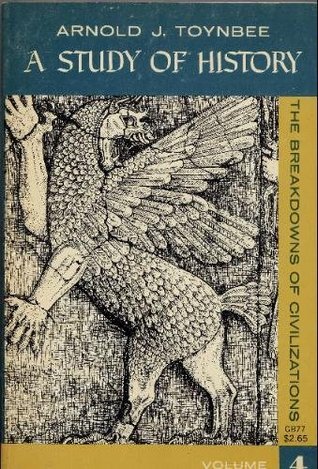
Part of Series
Arnold Toynbee writes: In the first volume of A Study of History, I start by searching for a unit of historical study that is relatively self-contained and is therefore more or less intelligible in isolation from the rest of history. I was led into this quest by finding myself dissatisfied with the present-day habit of studying history in terms of national states. These seemed, and still seem, to me to be fragments of something larger, and I found this larger and more satisfying unit of study in a civilization. The history of the United States, for instance, or the history of Britain, is, as I see it, a fragment of the history of Western Christendom or the Western Christian World, and I believe I can put my finger on a number of other societies, living or extinct, that are of the same species. Examples of other living civilizations besides the Western Civilization are the Islamic and the Civilization of Eastern Asia, centring on China. Examples of extinct civilizations are the Greco-Roman and the Ancient Egyptian. This practice of dealing in civilizations instead of nations is taken for granted by orientalists, ancient-historians, archaeologists, and anthropologists. The carving-up of a civilization into pieces labelled "nations" is, I believe, something peculiar to students of modern Western history, and, with them too, this present practice of theirs is only recent. Down to the beginning of the eighteenth century the classic works of Western historians took for their field the whole history of Western Christendom or even the whole history of the World from the creation to the Last Judgement. In Volume 3, I go on to study the growth of a civilization that has succeeded in coming to birth. After growth there comes breakdown and disintegration, but these are the subjects of the second group of volumes, which will follow these first three in the present paperback edition.
Author

The British historian Arnold Joseph Toynbee was born in London on 14 April 1889 and died on 22 October 1975 in York, North Yorkshire, England. He was educated at Winchester College and Balliol College, Oxford. He was the nephew of economic historian Arnold Toynbee, with whom he is sometimes confused. His first marriage to Rosalind Murray, with whom he had three sons, ended in divorce in 1946. Professor Toynbee then married Veronica M. Boulter, his research assistant. From 1919 to 1924 Arnold J. Toynbee was professor of modern Greek and Byzantine history at King's College, London. From 1925 until 1955 Professor Toynbee served as research professor and Director of Studies at the Royal Institute of International Affairs. During both world wars he worked for the British Foreign Office. He was a delegate to the Paris Peace Conference in 1919. While Professor Toynbee's Gifford Lectures were published as An Historian's Approach to Religion (1956) he is best known for his 12-volume A Study of History (1934-1961). This massive work examined the growth, development and decay of civilizations. He presented history as the rise and fall of civilizations rather than nation-states or ethnic groups. According to his analysis of civilizations the well-being of a civilization depends on its ability to deal successfully with challenges. Professor Toynbee oversaw the publication of The Survey of International Affairs published by Oxford University Press under the auspices of the Royal Institute of International Affairs from 1925 to 1977. In addition to A Study of History among his numerous publications are the following: Nationality and the War (1915), The Armenian Atrocities: The Murder of a Nation (1915), The German Terror in France: An Historical Record (1917), Turkey, a Past and a Future (1917), The Conduct of British Empire Foreign Relations since the Peace Settlement (1928), Civilization on Trial (1948), Christianity among the Religions of the World (1958), Democracy in the Atomic Age (1957), and Between Niger and Nile (1965).


